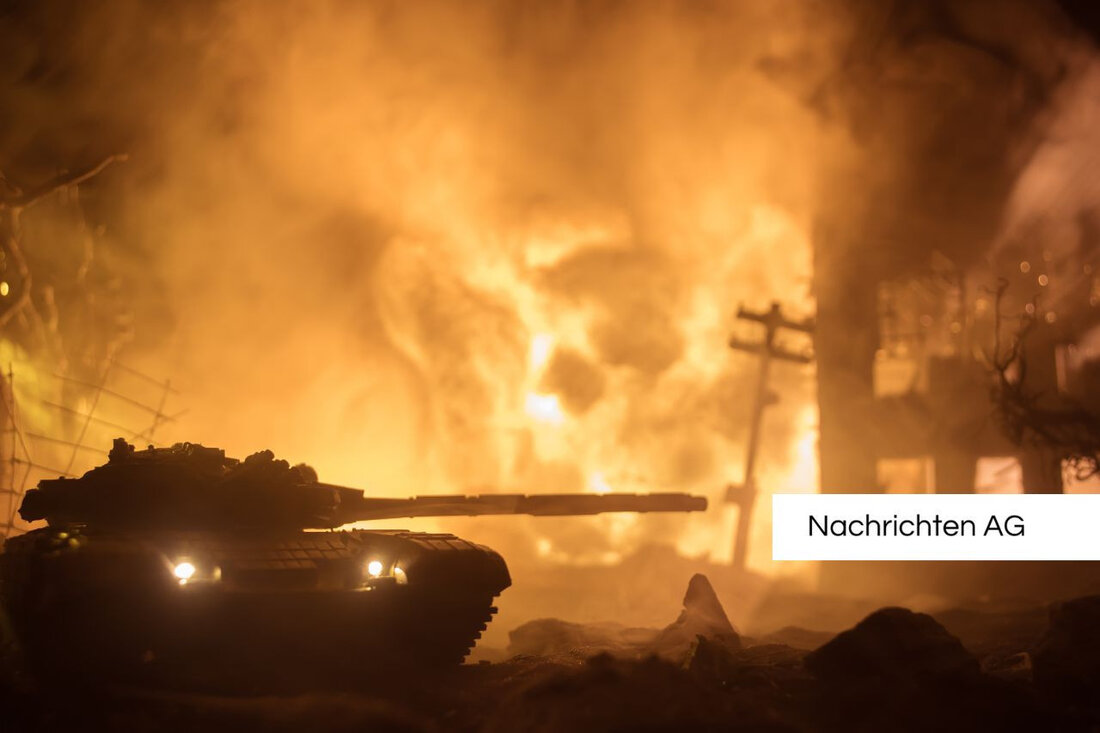Militarization in Germany: The Struggle for New Identity and Powers
The article examines Germany's militarization, theoretical strategies and the social impact of geopolitical developments.

Militarization in Germany: The Struggle for New Identity and Powers
German military policy and its cultural implications are currently the focus of social and political discussion. After the war in Ukraine served as a central shocking moment on February 24, 2022, there has been a fundamental change in the perception of military and security issues in Germany. [Rosalux] reports that this change particularly calls into question the previously established “policy of military restraint” that has been seen as defining since reunification. The changed security policy landscape has already led to a consensus that is considered necessary in order to remain able to act internationally.
It is also important that the German strategic culture is now increasingly described as dynamic and changeable. Because of the war, Germany has abandoned its long-term friendship with Russia and is now normalizing arms sales to Ukraine, which is seen as part of a larger narrative in the new national security strategy. [Springer] addresses how Germany's strategic culture is changing from a passive to a more active role, and emphasizes that the conflict in Ukraine has greatly accelerated this development.
Militarization and social acceptance
The author of [Rosalux] reflects on personal experiences and family connections to the United States while examining military culture. His partner's brother was a fighter pilot in the Iraq War, which led him to critically question the differences between US and German cultures. In recent years, military engagements and rearmament have become more important in Germany, which the author points out to the discrepancy between support for rearmament and the population's actual willingness to engage in military action.
The difficulties that the Bundeswehr is experiencing in recruiting new soldiers are a further indication of the challenges that the militarized society faces. Especially since the abolition of compulsory military service, the Bundeswehr has maintained an increasing presence through advertising and public appearances. The article argues that an internal turning point is necessary to mobilize society for military operations, while not ignoring the social and economic challenges facing Germany.
Strategic culture in transition
The discussion about strategic culture in Germany sheds light on how attitudes and values among the population and among political elites have been influenced in recent decades. [Springer] explains that the understanding of strategic culture in Germany is unique because it combines a realistic and constructivist understanding. It is particularly emphasized that the German strategic culture was long considered reserved and passive, but this is now gradually changing.
Theoretical approaches that compare strategies of other European countries such as Poland or Sweden are used to better understand the German situation. With the current orientation, which is more closely aligned with NATO requirements, Germany is increasingly perceived as a leading European supporter of Ukraine, which once again reinforces this cultural transformation.
In conclusion, it shows that the militarized culture in Germany balances on a fine line between traditional restraint and the urge for international relevance. The question remains whether the military ambitions of the elites can be combined with broad social support to overcome the challenges of the future. The debate about an internal turning point will certainly remain relevant in the coming years.

 Suche
Suche
 Mein Konto
Mein Konto